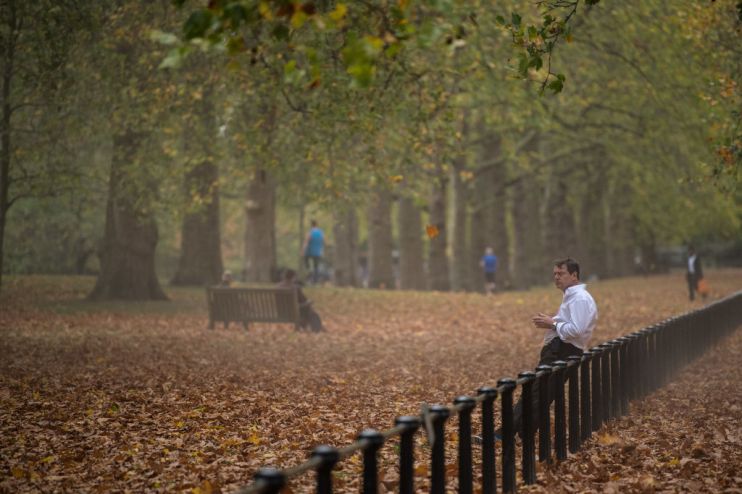Astrazeneca confirms it will roll out new vaccine for Covid mutations in autumn

Astrazeneca is on course to launch a new vaccine that is effective against emerging Covid variants by the autumn, the company has said.
The Anglo-Swedish firm said clinical trials for the “next generation” of Covid vaccine would commence in the spring, with mass production earmarked for six to nine months’ time.
Speaking as he unveiled Astrazeneca’s annual results, chief executive Pascal Soriot said there should be a drop in hospital admissions “very soon” as a consequence of the UK’s vaccine rollout.
Astrazeneca this morning revealed sales at the biotech firm jumped 10 per cent to nearly $26bn in 2020, in a year that made the at pharmaceutical company a household name.
The UK has ordered 100m doses of its Covid vaccine made in collaboration with Oxford University. The drug has proved instrumental in Britain’s largest ever immunisation programme, which has seen more than 13m people receive their first dose of the jab so far.
The company said it will deliver 100m doses of its current vaccine around the world this month alone, doubling to 200m per month by April.
“We’re going to save thousands of lives and that’s why we come to work every day as individuals,” said Soriot.
“Is it perfect? No it’s not perfect, but it’s great. Who else is making 100m doses in February?” he added.
Soriot’s comments follow new data published over the weekend that showed the Astrazeneca jab was less effective against a fast-spreading South African variant of the virus.
But the company was dealt a major boost yesterday as the World Health Organization recommended use of its vaccine in all age groups without limitations, adding that it would still prevent severe illness from the South African variant.
The two-dose shot has been hailed as a “vaccine for the world” because it is easier to store than some other jabs, while Astrazeneca has pledged not to make a profit on it during the pandemic.
Emerging variants
Details of the timeline for Astrazeneca’s new Covid vaccine comes after the Prime Minister said yesterday that the most vulnerable members of the population will likely need booster jabs especially suited to Covid mutations “every year”.
“I think we need to be getting ready for a world in which we do have booster jabs against new variants in the autumn and maybe beyond. We should start to think about it as a flu jab — as something elderly and vulnerable people make sure they have every year,” he told a Downing Street press conference.
The director of the UK’s genetic surveillance programme said this morning that the more virulent variant of coronavirus first identified in Kent will become the world’s dominant strain of the virus.
The Kent variant is now the most common form of the virus in the UK, after it was first detected in September. It has been cited as the reason for the introduction of new lockdown rules across the UK in January after causing a massive surge in coronavirus cases.
“It’s going to sweep the world, in all probability”, said Professor Sharon Peacock from the Covid-19 Genomics UK (Cog-UK) Consortium.
Peacock told the BBC her work sequencing variants of the virus could be required for at least a further 10 years.
“Once we get on top of it [Covid-19] or it mutates itself out of being virulent — causing disease — then we can stop worrying about it,”she said.
“But I think, looking in the future, we’re going to be doing this for years. We’re still going to be doing this 10 years down the line, in my view.”